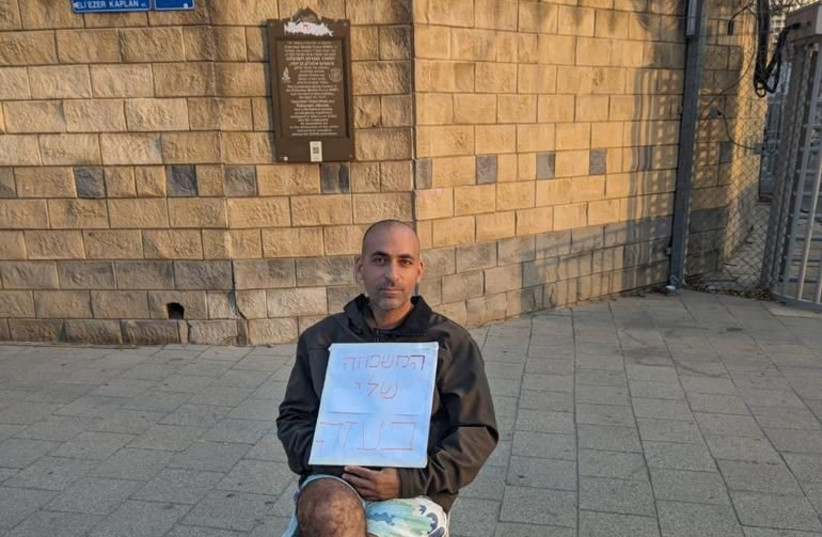It's been a month since Avihai Brodutch spoke with his wife, Hagar. Hamas terrorists took her and their three children into Gaza in their deadly assault on Israeli villages on Oct 7.
Brodutch, 42, describes 31 days of agony, not knowing how his family is being treated and feeling powerless to help.
"My kids, they're so young, and they've done nothing wrong to anybody," he said of his 10-year-old daughter Ofri and sons Yuval, eight, and Uriah, four.
His family was abducted from Kfar Aza, a kibbutz around 3 km (2 miles) from Gaza. It was one of the communities hit hardest in Hamas's attack when hundreds of gunmen infiltrated Israeli towns, villages and army bases near the border, killing around 1,400 people and taking at least 240 hostages.
In response, Israel has launched an air, land and sea offensive which has so far killed more than 10,000 Palestinians, according to the Hamas-run health ministry in the Gaza Strip.

All he can do now, Brodutch says, is tell his family's story, wherever he can, to whomever he can. In his mind, he says he calls up memories of his wife and him at their children's birth.
"Sometimes, I think of that feeling when my kids were born and being with them. I really miss them. So, now I've got nothing," he said while children ran around the hotel garden of Shefayim, an Israeli kibbutz which is hosting many survivors, including Brodutch.
Last messages
As the attack began, Brodutch's family took refuge in their safe room. They were soon joined by their neighbor's daughter who had fled to their house after her parents were killed. Brodutch himself went outside to see what he could do to help as the gunmen rampaged in the kibbutz.
He kept in touch with Hagar over text messages, all the while assuring each other they were okay.
"And then at around 11 am, I texted her again, that I'm fine, how is she doing? And she just answered, somebody's coming in. And that's the last message I got from her," said Brodutch.
He was evacuated a few hours later, sure that his family was dead. Only the following day did he get word that they had been taken hostage to Gaza, together with the neighbor's daughter.
Brodutch was thrilled to learn his family was alive. But as the days went by with no sign of their release, he began to feel desperate and set off to the Israeli defense headquarters in Tel Aviv.
Sitting on a white plastic chair, a sign that said "My family is in Gaza" and joined by the family dog Rodney, he launched a one-man vigil that soon became a daily encampment for Israelis calling on leaders to secure the hostages' release.
"With this war going on right now, I'm not sure it's even possible," said Brodutch, an agronomist studying to be a nurse.
"Everybody just wanted vengeance at first. They wanted retaliation, which is human I guess. But I hope it ends. It’s just a cycle that keeps going on and on. I'm a part of it, and my kids and wife are part of it. And they shouldn't be.”
"Maybe there's something new that should be done. We're so close. Even the religions are close, Islam and Judaism. I know there's a solution. You just have to look for it."
The Jerusalem Post and OneFamily are working together to help support the victims of the Hamas massacre and the soldiers of Israel who have been drafted to ensure that it never happens again.
